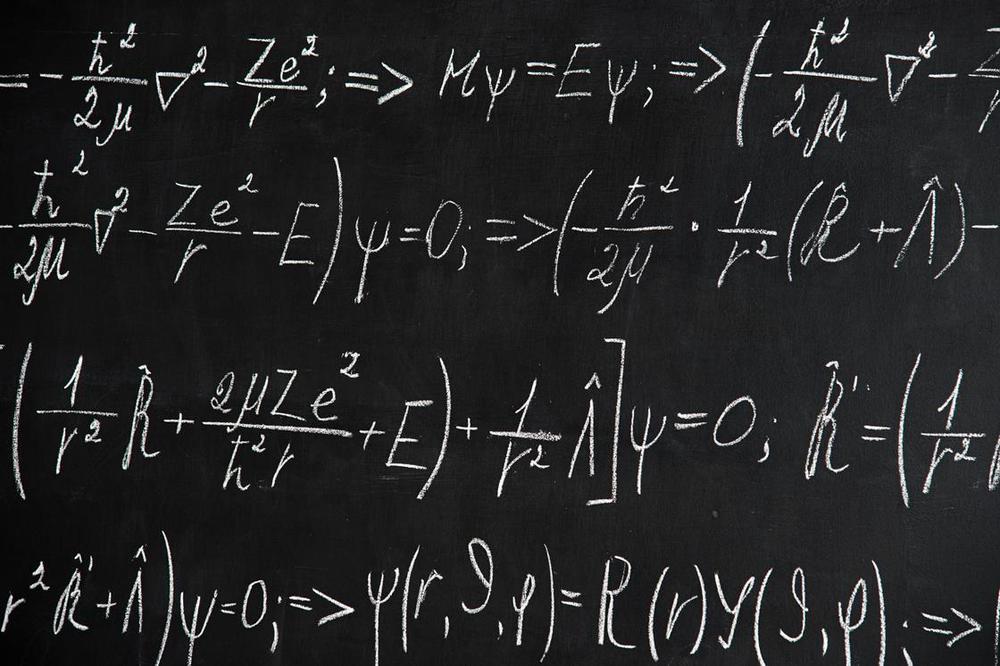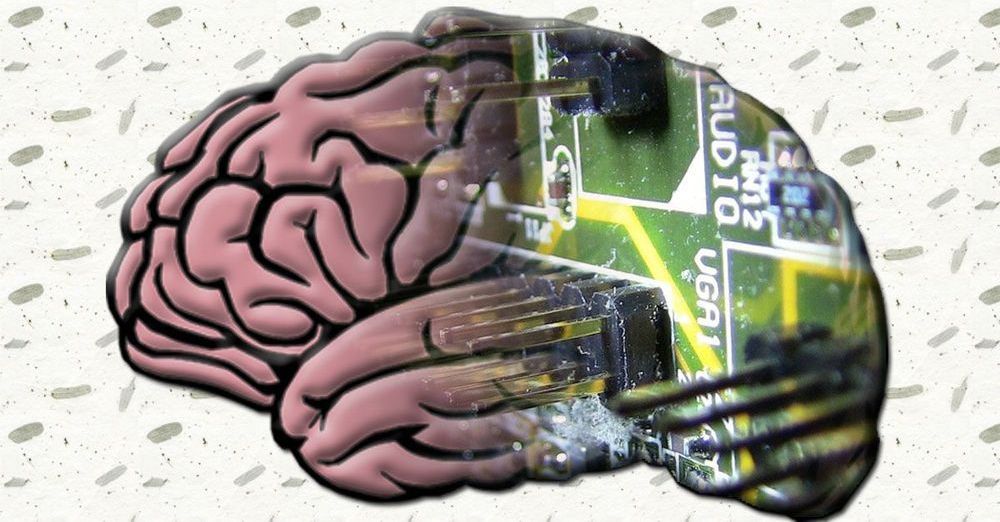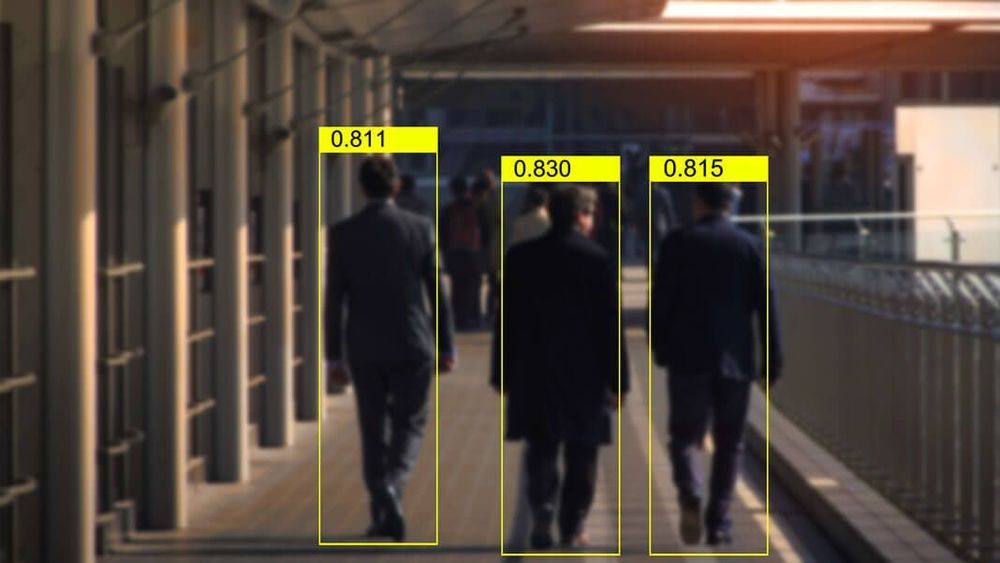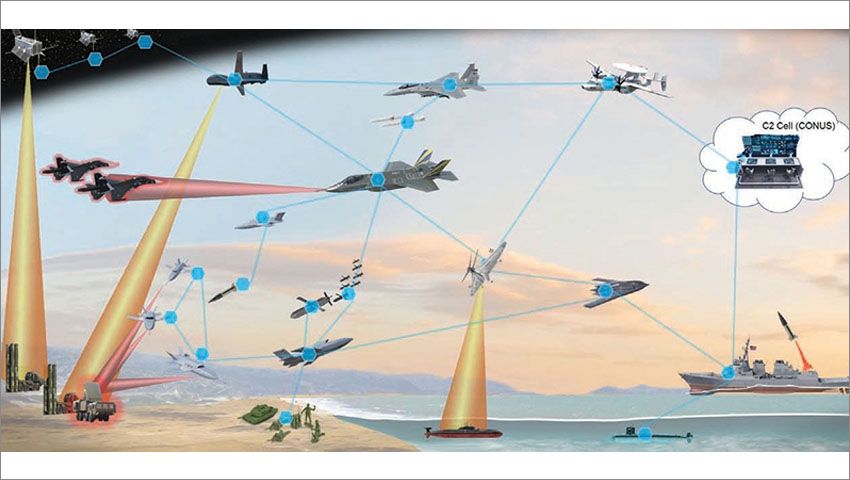An artificial neural network can reveal patterns in huge amounts of gene expression data, and discover groups of disease-related genes. This has been shown by a new study led by researchers at Linköping University, published in Nature Communications. The scientists hope that the method can eventually be applied within precision medicine and individualised treatment.
It’s common when using social media that the platform suggests people whom you may want to add as friends. The suggestion is based on you and the other person having common contacts, which indicates that you may know each other. In a similar manner, scientists are creating maps of biological networks based on how different proteins or genes interact with each other. The researchers behind a new study have used artificial intelligence, AI, to investigate whether it is possible to discover biological networks using deep learning, in which entities known as “artificial neural networks” are trained by experimental data. Since artificial neural networks are excellent at learning how to find patterns in enormous amounts of complex data, they are used in applications such as image recognition. However, this machine learning method has until now seldom been used in biological research.
“We have for the first time used deep learning to find disease-related genes. This is a very powerful method in the analysis of huge amounts of biological information, or ‘big data’,” says Sanjiv Dwivedi, postdoc in the Department of Physics, Chemistry and Biology (IFM) at Linköping University.






